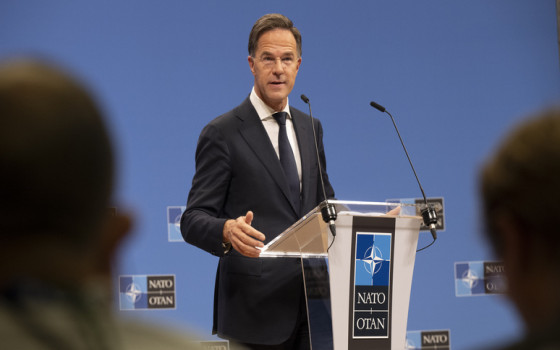
NATO Secretary General continues his tours of member states and visits Germany and Italy .. to discuss improving deterrence and defense, ensuring permanent support for Ukraine, and further cooperation with partners

- Europe and Arabs
- Sunday , 3 November 2024 8:43 AM GMT
Brussels: Europe and the Arabs
NATO headquarters in Brussels announced that Secretary General Mark Rutte will meet tomorrow, Monday, with German President Frank-Walter Steinmeier, Chancellor Olaf Scholz, Defense Minister Boris Pistorius, Finance Minister Christian Lindner, and other senior officials. In the afternoon, a joint press conference will be held by the Secretary General and the German Chancellor
On Tuesday, November 5, 2024, NATO Secretary General Mark Rutte will travel to Rome, Italy. There will be joint press statements by the Secretary General and Giorgia Meloni, Prime Minister of Italy, following the talks in the afternoon. This comes within the framework of Rutte's tours of a number of member states since assuming his position early last month, the last of which was when
Secretary General Rutte met last week in Brussels with European Commission President Ursula von der Leyen for the first time since Mr. Rutte assumed his position as head of NATO.
Their discussion focused on the importance of the close and strategic partnership between NATO and the European Union.
They agreed that this partnership is vital in an increasingly dangerous world to defend and protect peace, freedom and prosperity. Russia’s war of aggression on European soil poses the greatest threat to peace and security on the European continent.
Secretary General Rutte and President von der Leyen stressed that the deployment of North Korean troops to support Russia’s war of aggression represents a significant escalation of the war against Ukraine and a serious threat to European security and world peace.
They also discussed the growing assertiveness of authoritarian states on the world stage. These states are challenging our common interests, our democratic values and principles, using a variety of means – political, economic, technological and military.
To address these evolving threats and challenges, Secretary General Rutte and President von der Leyen agreed to establish a new high-level working group to strengthen existing cooperation between NATO and the European Union. Planning for the first meeting of the working group is expected to move forward in the coming weeks.
From 22-23 October 2024, NATO Secretary General Mark Rutte travelled to Estonia. On Tuesday, 22 October, Mr Rutte met with the President of Estonia, Mr Alar Karis, and Prime Minister, Mr Kristin Michal.
On Wednesday, 23 October, the Secretary General met with the Minister for Foreign Affairs, Mr Margus Tsahakna.
On the same day, Mr Rutte visited the Tapa military base, where he addressed troops together with the President of Estonia.
On Saturday (19 October), NATO Secretary General Mark Rutte joined a meeting of G7 Defence Ministers in Naples, Italy, to discuss how to increase support for Ukraine, increase defence industrial production, and more. This was Mr Rutte’s first G7 meeting as NATO Secretary General and the first time the G7 has held a dedicated meeting in the form of Defence Ministers.
The Secretary General highlighted the value of cooperation between the G7 and NATO, given the complex nature of the challenges facing our common security. On Ukraine, he stressed that ensuring that Ukraine has what it needs to win is crucial for security and stability beyond the region. While the ministers discussed defence industrial production, Mr Rutte noted the importance of working together – across the Alliance and beyond – not only to increase and accelerate production but also to make these efforts more compatible by operating in accordance with NATO standards. The Secretary General also outlined how NATO is doing more to build its partnerships, not only in the Indo-Pacific but also in NATO’s southern neighbourhood – another area that was a focus of the G7 discussions. The meeting in Naples followed a meeting of NATO defence ministers in Brussels, where Allies agreed on a range of initiatives to improve deterrence and defence, ensure lasting support for Ukraine, and do more with partners in the Indo-Pacific and the European Union.


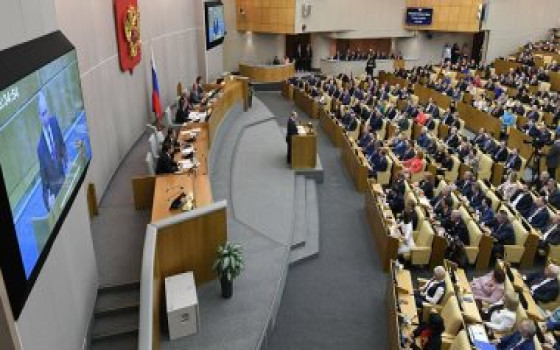
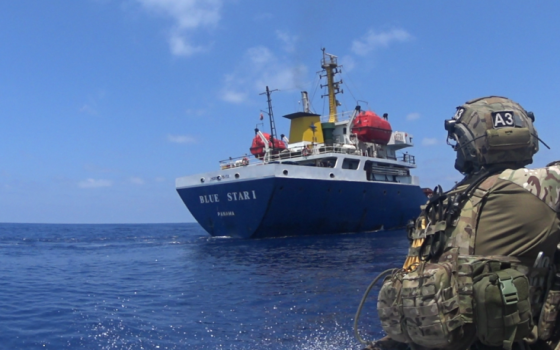
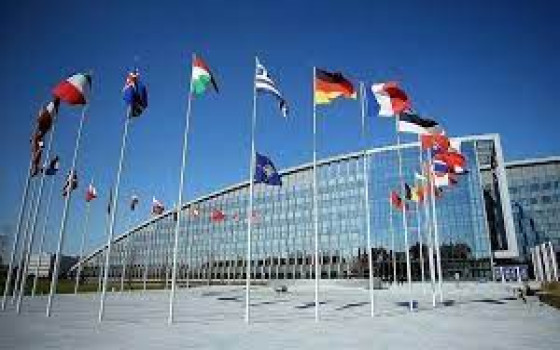
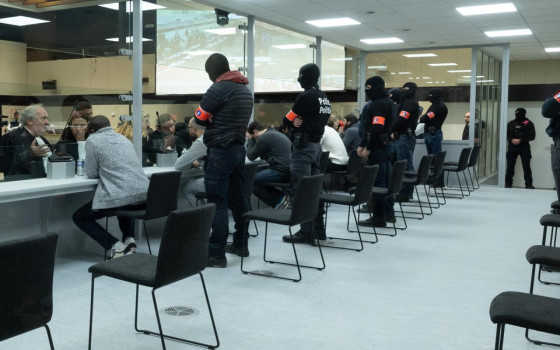
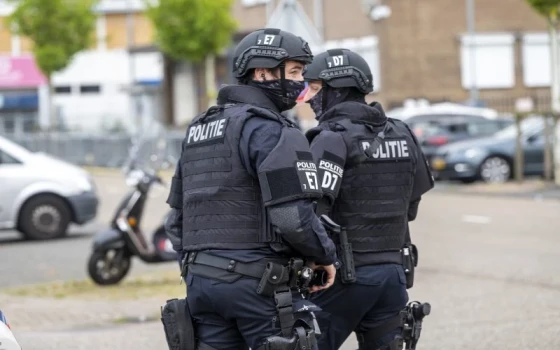
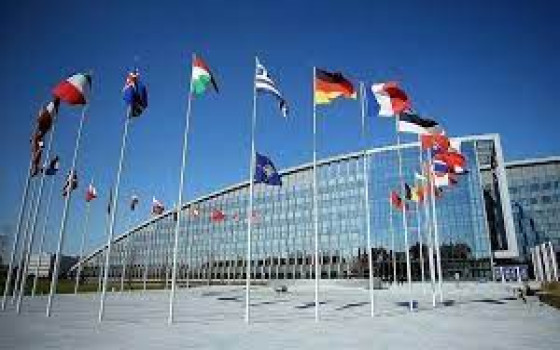
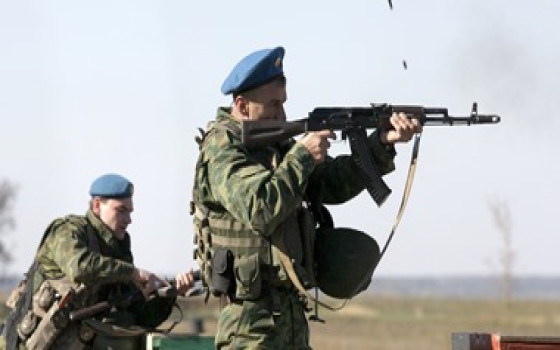
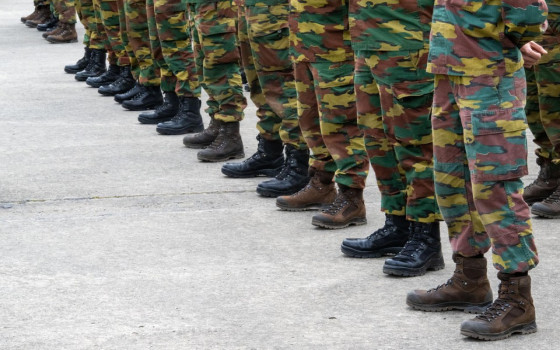

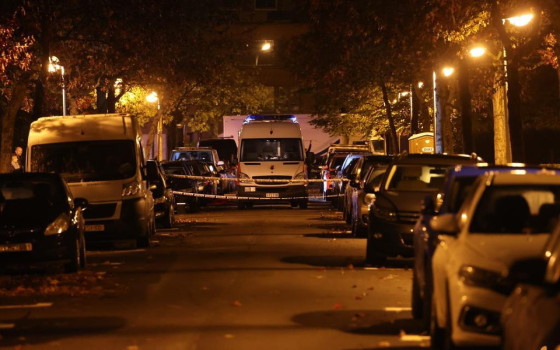
No Comments Found